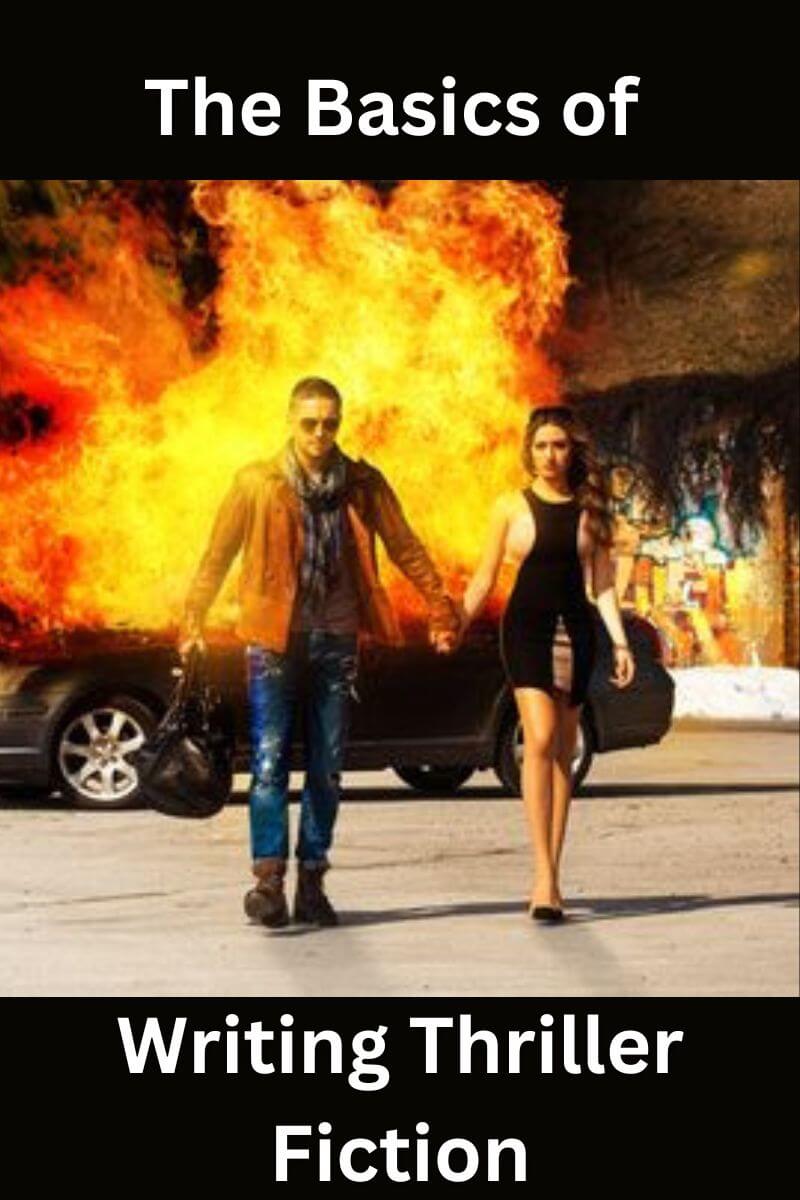Family Saga set in the 21st century
by Deborah Tomkins
(Bristol, UK)
Question: I have written a family saga dealing with the effects of climate change on three generations of a family living through the 21st century. It is divided into three parts. I decided against a trilogy - 3 volumes - as I wanted readers to read the whole thing!
I have joined a 10 week course (just one evening a week) entitled "Write Your Novel" and we are half way through. My tutor keeps telling me that I have to have one protagonist all the way through - "whose story is it?" - and she very much dislikes the fact that the first main character (who has forseen difficulties ahead for humanity) dies towards the end of the first part as he is by now rather old. (The action takes place over about a century). She hasn't read it, but she is adamant that I can't do this! By the end of the first part the focus is already shifting towards the second generation, and likewise the focus begins to shift towards the third just before the end of the second part, as one of the main characters dies of prostate cancer (there is by now rationing of health care). I did this in order to keep the momentum of the book.
As I understand family sagas, there can be a number of main characters and therefore multiple viewpoints. In each part I have focused on two or three, so as not to confuse the reader, and I've kept scenes/chapters in distinct voices. Quite number of friends have read it, and although I'm a newbie novelist it seems that I have done a reasonable job as no-one has commented on the deaths of these characters!
So, please, what is your view? Can I do what I have done, or as a new novelist is it just too difficult? Or is it that I'm breaking one of the rules? My tutor is unbending - there has to be one person whose story it is and we have to follow that person throughout the book. The difficulty is also that I'm now having to turn in assignments that fit this view...
I know we all fall in love with our books and characters, but I would welcome an outside viewpoint, please, just to see where I may be going wrong.
With many thanks
Deborah
Answer: I'm so sorry that your experience in a writing course is proving so difficult.
To cut to the chase: there are no hard and fast rules. There are only guidelines.
I understand your tutor's point of view. She is not wrong to suggest that many readers like to have one
However, as I'm sure you know, you can find many, many, successful novels that are told from multiple points of view.
"One main character" is a guideline, not a rule. In fact, one of the unique things about longer novels is that they can contain more than one story - which means, more than one main character.
For that matter, most recommended guidelines are frequently broken by one author or another. A successful novel is not one that gets everything right (that is, follows all the rules). You can follow all the rules and still not have a brilliant book.
A successful novel is one that either 1) does certain things so well that the positive features more than outweigh any of the weaker ones or 2) uses a different, creative path to achieve the same end the guideline was intended to achieve.
In other words, even though one-main-character is an effective choice for many novels, there are other things you can do to engage your reader without resorting to this choice. Sometimes two or three POV characters can work, so long as each one is engaging.
Sometimes you can create an effective character narrator who tells the history of the entire family. (Perhaps someone who would have known all three generations of the family.) Such narrators often seem like omniscient or limited 3rd person narrators, except that they interject themselves and their own personalities at various points.
Of course, this doesn't help so much with your assignments for this course. So here are some suggestions:
You say she hasn't read your story yet? Would it be possible to show her parts of it? She might be persuaded to relent if the story is working (because of other positive traits).
Would it be possible to switch to a different story for the sake of the next few weeks? Think of it as a "practice" work.
Can you find a creative way to give her what she wants for now - bearing in mind that you can rewrite the story the way you want after the course is done?
Just remember, every writing teacher teaches from the perspective of what they know and what works for them. There is no one, rigidly defined, universally applicable set of rules for CREATIVE writing. If there were, it wouldn't be very creative. Every writer finds their own path. Take from this course what is helpful, and don't worry about what isn't.
Comments for Family Saga set in the 21st century
|
||
|
||
|
||
- Home
- Writing Questions
- Family Saga set in the 21st century











